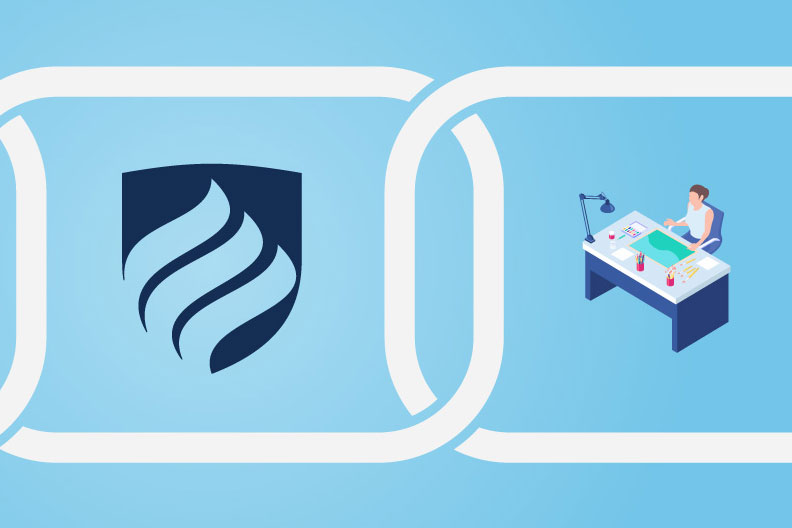Getting Started with Supply Chain Planning
GRADUATE STUDIES | 3 MIN READ

If you are thinking about a career in supply chain planning, you’ve already taken a big step: identifying a discipline within the wide-ranging industry of supply chain management that best suits your strengths and interests.
Supply chain networks are interconnected and interdependent. Planners help ensure that no part of the network weakens the others so that the chain of supply, manufacturing and distribution works as a harmonious whole.
There are a lot of moving parts in supply chains, and planners are the glue that holds everything together. But even within the subfield of supply chain planning, you can drill down to four more specific job descriptions.
What is a Supply Chain Planner Job Description?
- Supply planning: identifying the best ways to balance supply and demand to meet financial and service goals.
- Production planning: considering how to allocate workers, materials and production capabilities.
- Demand planning: predicting how demand is changing and improving revenue forecasts, and aligning inventory and improving profitability based on that information.
- Sales and operations planning: focusing on the drivers of the supply chain, including the introduction of new products, inventory management, and sales and marketing.
Whatever the specifics, a good supply chain planner looks for ways to earn a strategic edge over competitors by coordinating networks, facilities, manufacturers and distributors in order to procure, produce and distribute products to customers.
Strategic planning improves a company’s efficiency by identifying ways to get raw materials more quickly and to move them through the development process with expediency. But speed doesn’t count for much if it doesn’t save money. Supply chain planners also have to identify ways to keep costs down even as they anticipate and answer the demand for their products.
The most important job of a supply chain planner is to ensure that everyone—but especially the end user—gets what they need at the time and place they need it. And if you can’t guarantee that will happen, plenty of competitors can swoop in and take your place.
What Skills Do Supply Chain Planners Need?
Planners of all stripes have to be flexible, anticipate changes, embrace new technology and collaborate with managers and workers on every link of the supply chain. At the same time, they must integrate their financial, sales and marketing acumen.
Supply chain planning demands technological savvy, but that alone won’t improve the process. Communication skills are key, especially in fields where suppliers, manufacturers and deliverers may come from every corner of the globe—and likely don’t follow a 9-to-5 schedule.
Supply chain planning is forward-facing. The old way of doing things just won’t hold up in a global marketplace where consumers have many more options, few geographic constraints and expectations that they will be able to get what they want when they want it.
A successful supply chain planner has to be tactical, analytical, collaborative and quick-thinking. Developing those skills takes time, experience and education.
Study Supply Chain Management
A degree in supply chain management can accelerate your path toward supply chain planning by providing you with an understanding of the full scope of supply chain management. It can connect you to key players in the field while allowing you to sharpen your skills as you learn.
Request more information by completing the form below.


